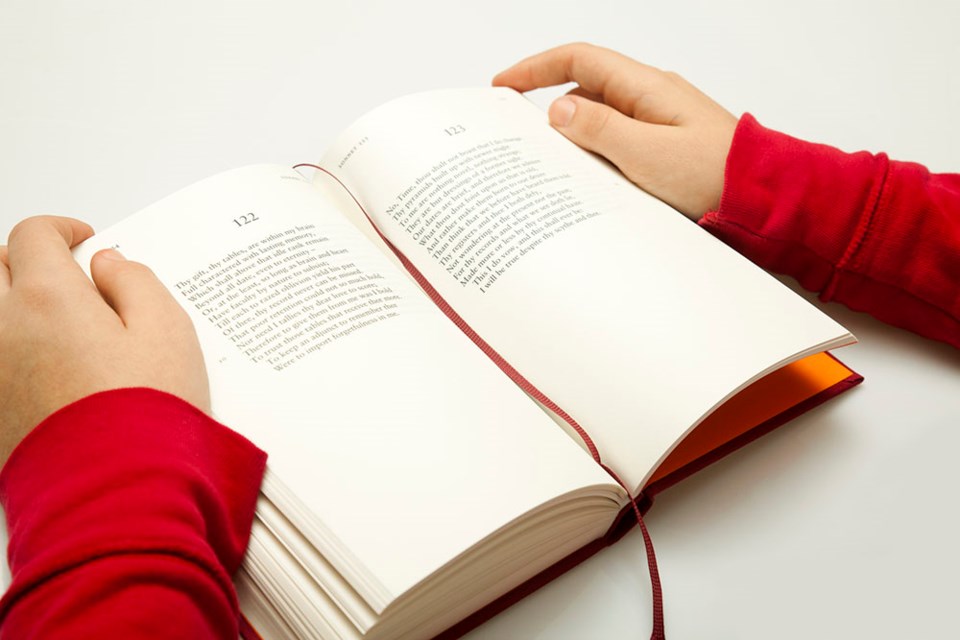World Poetry Day just quietly snuck by us on March 21. Predictably, the day passed, humble and understated without any pomp or ceremony. Poetry just does not have the cultural shine or sparkle our major religious celebrations or professional sport championships do.
Why would a mental health column be devoted to poetry during a global pandemic with multiple mental health fires burning? Depression and anxiety are starting to be a serious mainstream concern so why focus on poetry? Isn’t that like emperor Nero playing the fiddle as Rome burns?
American poet Robert Frost said: “Poetry is when an emotion has found its thought and the thought has found words.”
Trauma and psychological distress are often impossible to describe in everyday language. PTSD and childhood trauma, for example, can live in a place so deeply entrenched in our brains the emotions are impossible to articulate. When emotional trauma can find its first words, a healing process can potentially begin.
Poetry has its own language of symbols, metaphors and images to translate emotion into something understandable, and maybe ready to process. Poems can take raw images and ideas then make them relatable and ready to experience with a therapist or counsellor. Through poetry, feelings so painful, like they’re wrapped in barbed wire and buried in heavy dirt, can be reformed into shapes with soft edges and much less weight attached.
When travelling to an unfamiliar country, you must learn the language to navigate the strange terrain and understand the culture. Poetry is like a translation app on your phone that can decipher raw emotion and feelings into a readable language.
Using poetry in combination with practices such as cognitive behavioural therapy, it’s possible to uncover the meaning of chronic mental pain.
When deciding to dedicate a day to celebrate poetry in 1999, the United Nations emphasized how poetry is central to oral traditions of every culture, on every continent over all the centuries. Poetry is the common language which reaffirms a collective human experience; everyone, everywhere on earth shares the same questions and feelings about life.
On January 6 of this year, the American place of governance was terrorized and attacked by white supremacists with an agenda of division and hate. Five people died and the actual idea of diversity and collective health was threatened.
On January 20, at that same place during Joe Biden’s inauguration as the 46th president of the United States, young African American poet Amanda Gorman recited her poem: The Hill We Climb. With the beauty and grace of an empress at the height of her reign in ancient Egypt, she lifted the bright yellow sleeves of her slender arms above her head and, for that moment, it felt like all the weight of the turmoil and societal anxiety of the last four years was lifted off our collective shoulders. The world felt lighter and a bit better. Poetry articulated the feeling of hope and started to heal the soul of an entire nation.
Poetry has a unique ability to assert an individual identity while expressing a universal experience. We are all experiencing the discomfort and loss of this pandemic and we can process the emotional experience poetically in our own linguistic way. At that moment, healing can begin.
Robert Skender is a Powell River freelance writer and health commentator.



